Cents and Sensibility - by Gary Saul Morson & Morton Schapiro (Paperback)
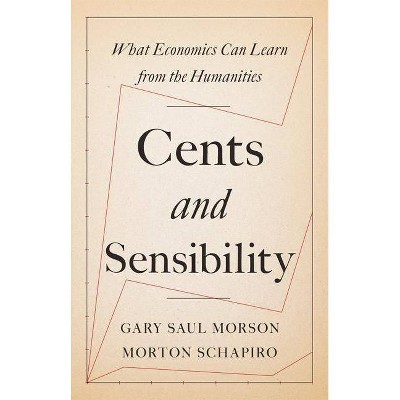
Similar Products
Products of same category from the store
AllProduct info
<p/><br></br><p><b> Book Synopsis </b></p></br></br>In <i>Cents and Sensibility</i>, an eminent literary critic and a leading economist make the case that the humanities--especially the study of literature--offer economists ways to make their models more realistic, their predictions more accurate, and their policies more effective and just. Arguing that Adam Smith's heirs include Austen, Chekhov, and Tolstoy as much as Keynes and Friedman, Gary Saul Morson and Morton Schapiro trace the connection between Adam Smith's great classic, <i>The Wealth of Nations</i>, and his less celebrated book on ethics, <i>The Theory of Moral Sentiments</i>. The authors contend that a few decades later, Jane Austen invented her groundbreaking method of novelistic narration in order to give life to the empathy that Smith believed essential to humanity. More than anyone, the great writers can offer economists something they need--a richer appreciation of behavior, ethics, culture, and narrative. Original, provocative, and inspiring, <i>Cents and Sensibility</i> demonstrates the benefits of a dialogue between economics and the humanities and also shows how looking at real-world problems can revitalize the study of literature itself. Featuring a new preface, this book brings economics back to its place in the human conversation.<p/><br></br><p><b> From the Back Cover </b></p></br></br><p>"In <i>Cents and Sensibility</i>, Morson and Schapiro argue persuasively that the vast intellectual gulf between economics and the humanities is a tragedy for all of us since it compromises our ability to understand some of the most important trends of our times. The authors show us that this divide is not inevitable: they show steps to close it."<b>--Robert J. Shiller, Nobel Prize-winning economist and author of <i>Irrational Exuberance</i></b></p><p>"An erudite but take-no-prisoners tour of our hyperspecialized academic world, <i>Cents and Sensibility</i> cleaves universities at their arthritic departmental joints--and mercilessly pokes some of the sorest spots. This book is welcome reading for scholars in all walks of intellectual life."<b>--Philip E. Tetlock, coauthor of <i>Superforecasting: The Art and Science of Prediction</i></b></p><p>"Enjoy this delightful book for its warmth, charm, and easy manner. But while you are doing that, you will find yourself learning a good deal about economics and the role of the humanities in today's world. Morson and Schapiro are a rare and valuable pair."<b>--Michael S. McPherson, coauthor of <i>Lesson Plan: An Agenda for Change in American Higher Education</i></b></p><p>"<i>Cents and Sensibility </i>offers an exciting approach to invigorating teaching and research in economics, one that will be controversial in a good way. Rather than using a snippet from a movie or song to illustrate an economic point, Morson and Schapiro advocate extended immersion in deep works of art to improve economic decision making."<b>--Jonathan B. Wight, author of <i>Ethics in Economics</i></b></p><p>"This highly original book makes a significant contribution to current debates in higher education. At a time when the sciences and humanities appear to be rivals, Morson and Schapiro propose mutually beneficial cooperation between them. <i>Cents and Sensibility</i> makes the case that economics can learn from the insights of a central field in the humanities, literary studies; at the same time, the book offers a new, thought-provoking approach to literature."<b>--Thomas Pavel, author of <i>The Lives of the Novel</i></b></p><p/><br></br><p><b> Review Quotes </b></p></br></br><br>"An eloquent defense of the humanities against fanatical advocates for STEM."<b> --Deidre McCloskey, <i>Wall Street Journal </i></b><br><br>"An insightful and compelling argument. Morton and Schapiro succeed in finding new ways of thinking about big issues as well as new ways to read classic novels. . . . There's immense joy to be found throughout this work on thinking with creativity and passion."<b> --<i>Publishers Weekly </i> </b><br><br>"This is a bracing, original work."<b> --Roger Lowenstein, <i>Washington Post </i></b><br><p/><br></br><p><b> About the Author </b></p></br></br><b>Gary Saul Morson</b> is the Lawrence B. Dumas Professor of the Arts and Humanities and professor of Slavic languages and literatures at Northwestern University. <b>Morton Schapiro</b> is the president of Northwestern University and a professor of economics.
Price History
Price Archive shows prices from various stores, lets you see history and find the cheapest. There is no actual sale on the website. For all support, inquiry and suggestion messagescommunication@pricearchive.us
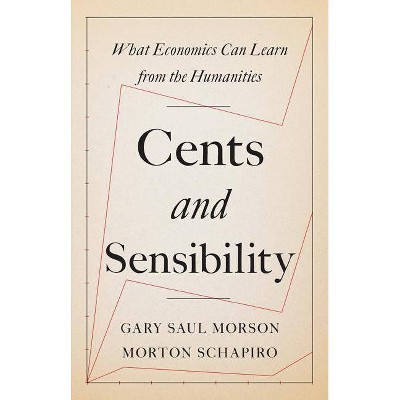
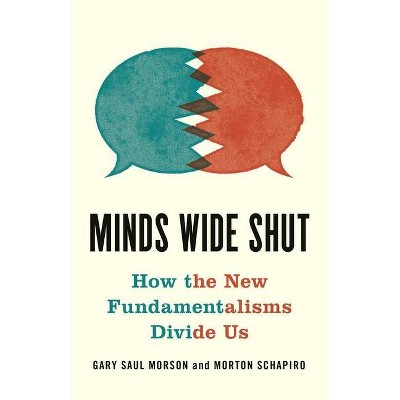
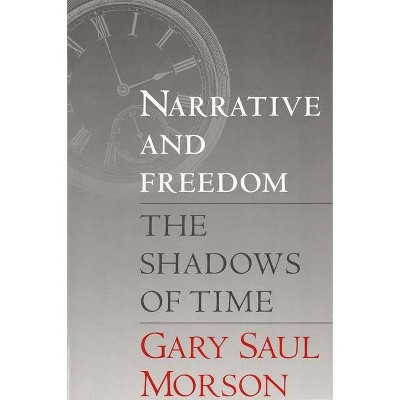
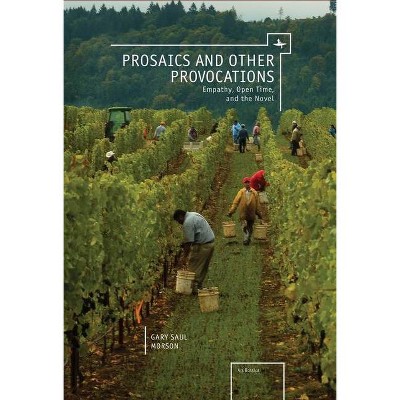
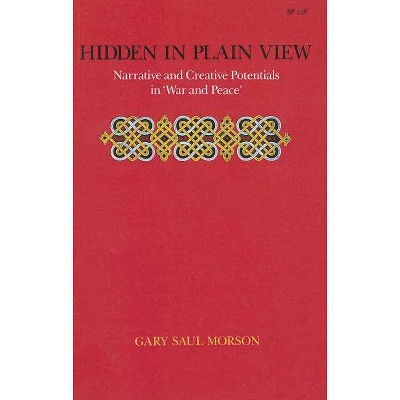
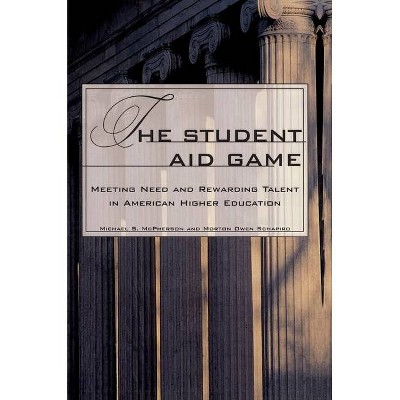


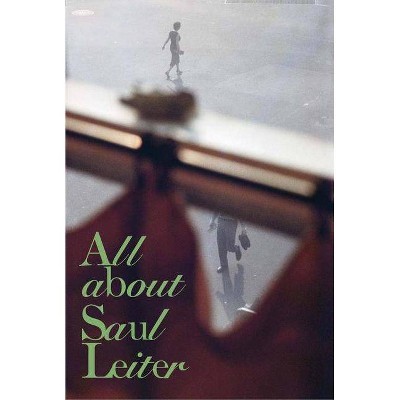
![Sense and Sensibility [DVD] [1995]](https://pisces.bbystatic.com/image2/BestBuy_US/images/products/3700/3700515_so.jpg)










